A Wake-Up Call to the Bride
Last week, I received an unsolicited review of my latest book, It’s Time: Letters to the Bride of Christ at the End of the Age. I am continually blown away by the emails, phone calls, and texts I’m receiving from people who are reading this book, and what I appreciate most is how these capture the spirit I hoped and prayed would be in this book. I’ll share more next week.
Before I share this review, however, I wanted to let everyone know that Lifestream is offering a 25% discount on all books ordered from our store through Christmas. All you need to do is enter CHRISTMAS25 as the promo code when you check out. There are lots of books there that might make great Christmas ideas for your friends and family, including a devotional, Live Loved Free Full, and a coffee table book, A Man Like No Other, to help unpack Jesus from the religious distortions that 2000 years have put on him. Of course, all of Wayne’s other books are there as well. You can see them pictured above.
The only one you won’t find is It’s Time, because we do not print those here. It has to be ordered from Amazon, or in the U.K., it is now available from Waterstones
I was wonderfully surprised to get this review sent to me by a lady in Pakistan. If others see in this book what she does, I’ll be so grateful. This is what I hoped this book would do for people.
Book Review: A Wake-Up Call to the Bride
It’s Time by Wayne Jacobsen
Reviewed by Merry UsmanThere are books you read… and then there are books that read you.
Wayne Jacobsen’s It’s Time!: Letters to the Bride at the End of the Age belongs to that sacred category. It doesn’t simply teach or inform—it awakens. It calls. It beckons the reader into a deeper awareness of the times we are living in and the One who is calling His Bride to attention.
This is not a book of theories. It is a conversation, one written with tenderness and urgency, wrapped in the gentle authority of someone who has been listening closely to the heart of Jesus.
A Dawn Rising: The Heartbeat of the Book
Jacobsen opens with a striking scene—walking through the hills at dawn, hearing what he calls the “refrain of the Song of the Lamb.” It’s intimate, almost poetic, but also prophetic in its stillness. This is the spirit of the entire book: reflective yet piercing.
The question he raises echoes through every page: What if we are living within a decade of Jesus’s return?
It’s not a prediction. It’s an invitation to examine our lives and our spiritual posture.
Whether Christ returns in 10 years or 150, Jacobsen reminds us that there will be a generation of believers who must stand with courage during the most challenging moments of human history. And if such a generation must be formed someday, why not now?
A Book About Preparation, Not Speculation
One of the most refreshing qualities of this book is that it does not get lost in timelines or sensational interpretations. Instead, it focuses on cultivating the heart of the Bride—strong, steady, awake.
Jacobsen outlines the spiritual qualities that will define those who love Christ in the last days:
- A love stronger than self-interest
- A light bright enough to expose the lies of darkness
- A resilient faith that only grows in adversity
- A hope rooted in God’s unfolding story, rather than our own personal plans
These themes make the book both timeless and timely. It is as relevant to the believer living quietly in a stable season as it is to the one walking through turmoil.
Why This Book Stands Apart
Many books addressing the end times either stir fear or lean heavily into speculation. It’s Time! does neither.
Jacobsen’s tone feels pastoral, almost like sitting with a trusted mentor on a hillside, talking about the world with honesty and clarity. He reminds us that preparation does not begin with stockpiling resources—it begins with surrender. It begins with uncluttered devotion. It begins with learning to hear the Shepherd’s voice above the roar of culture and chaos.
There is a quiet courage in the way he writes, calling us to:
- Loosen our grip on worldly noise
- Resist the subtle pull of self-centered Christianity
- Lean into the simplicity of loving Jesus more than life itself
- Live with an expectancy that does not create fear but strengthens faith
Instead of panic, the book cultivates purpose.
Instead of dread, it stirs devotion.
Instead of darkness, it points to a radiant hope.
A Letter to a Sleeping Bride
Jacobsen continually returns to the metaphor of the Bride—a Church loved, chosen, and being prepared. But preparation requires honesty.
This book asks:
- What kind of Bride are we becoming?
- Are we distracted or devoted?
- Chasing our own plans or aligning with God’s story?
- Longing for His return or quietly wishing He’d delay it?
The beauty of the book lies in its balance. It does not shame or accuse. It simply calls the Bride to awaken, to listen, to walk with intentional love in an age growing increasingly dim.
A Message for Today, Not Only the End of Days
Perhaps the most memorable line in the book’s description is this:
If this way of living will serve us well in those days, wouldn’t it be worth living that way today?
This is where the book becomes more than commentary. It becomes a blueprint for everyday discipleship. The qualities needed for the final generation are the same qualities needed now:
Deep love.
Unshakeable hope.
Courageous faith.
A surrendered heart.Jacobsen reminds us that readiness is not about escaping the world but shining within it.
Final Thoughts: A Timely, Tender, and Transformative Read
With a near-perfect rating and overwhelmingly positive responses, It’s Time! feels like more than a book release. It feels like a wake-up call for believers who sense the shifting season.
This is a book you reflect through, pray through, and revisit. A book that meets you where you are but refuses to leave you unchanged.
If your spirit has been stirred by the shaking in the world…
If you’ve longed for a deeper walk with Jesus…
If you desire clarity, conviction, and comfort for the days ahead…This book will feel like a timely gift.
Wayne Jacobsen doesn’t just declare that “It’s Time.” He helps you understand what time it truly is—and how to live in the fullness of it.
______________
Merry Usman lives in Pakistan and is a devoted Christian writer and Christian Marketing specialist who loves weaving stories that inspire faith and strengthen hearts. With years of experience in Christian marketing and content creation, she has helped ministries, authors, and faith-based brands share their message with clarity and impact. Her writing reflects a deep passion for God’s Word, a heart for believers, and a desire to see lives transformed through truth and encouragement. Merry also contributes to Salt of Heaven, a community dedicated to curating faith-filled books and resources that uplift and draw readers closer to Christ. Through her work, she hopes to shine the light of Jesus and remind others that words, when rooted in truth, can be a powerful way to nurture the soul.
If you’d like a copy, you can order it here in paperback, e-book, or audio.






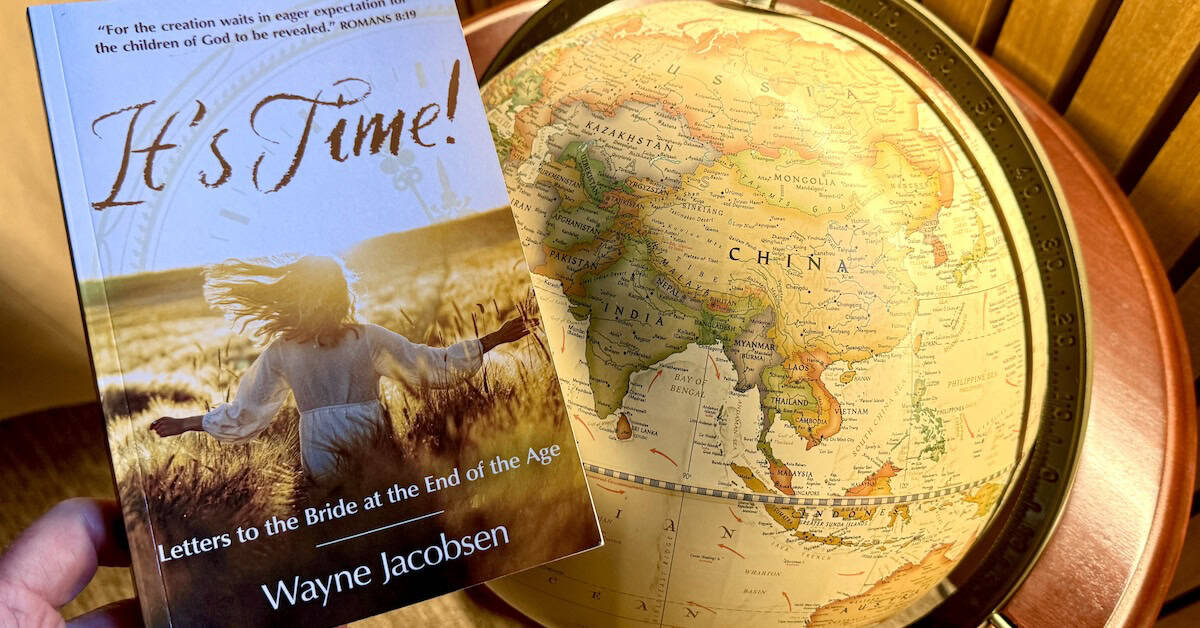

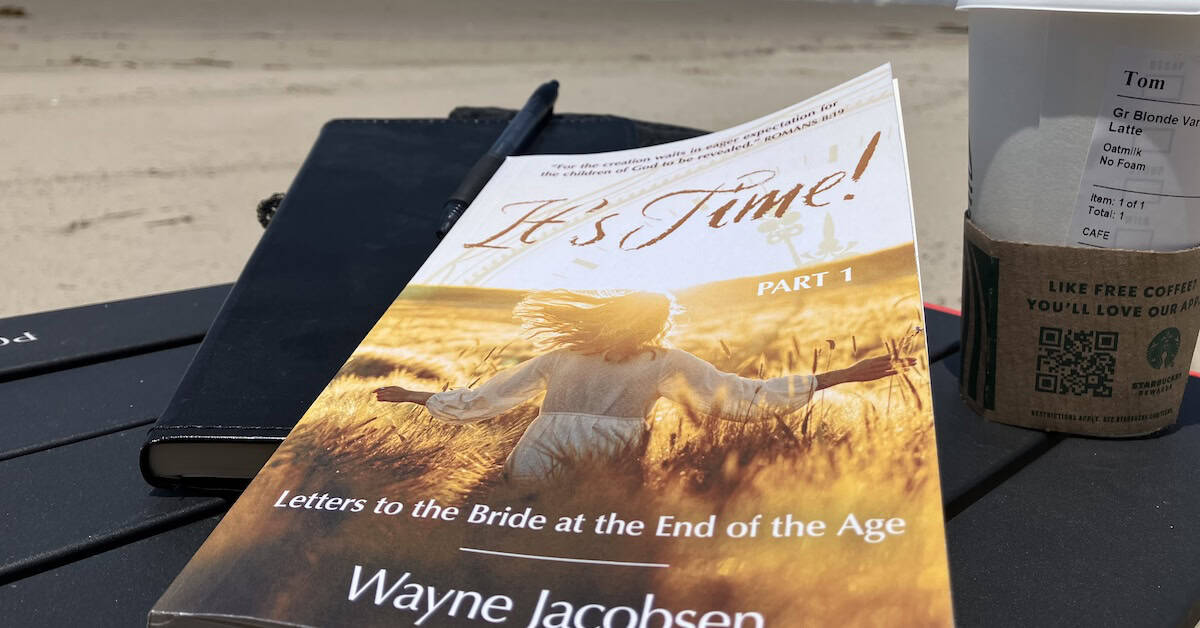
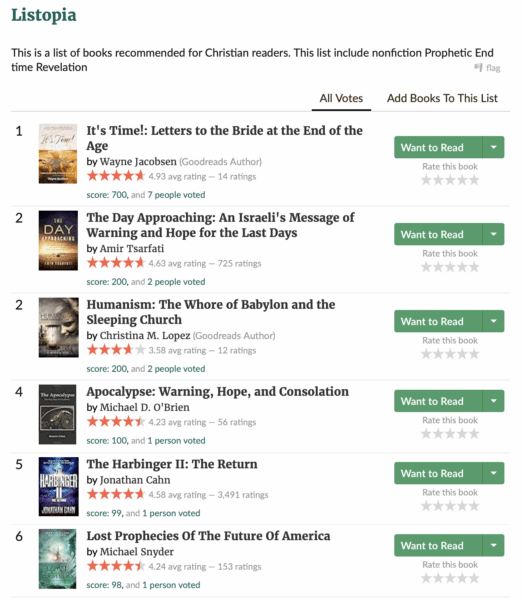



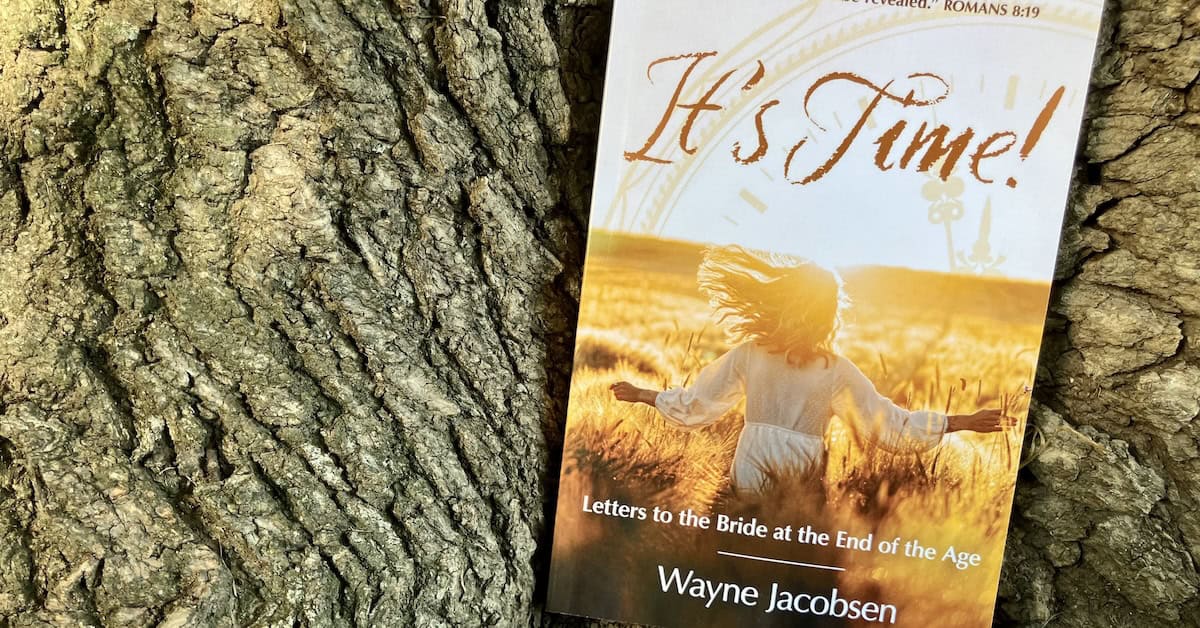

 Last weekend we were in Yellowstone National Park, and yesterday we drove the Going-to-the-Sun Road (see above) through the heart of Glacier National Park. Such beauty is hard to contain, and we have felt wonderfully detached from all the political fear and animosity driving our world to deeper conflict and anguish.
Last weekend we were in Yellowstone National Park, and yesterday we drove the Going-to-the-Sun Road (see above) through the heart of Glacier National Park. Such beauty is hard to contain, and we have felt wonderfully detached from all the political fear and animosity driving our world to deeper conflict and anguish.
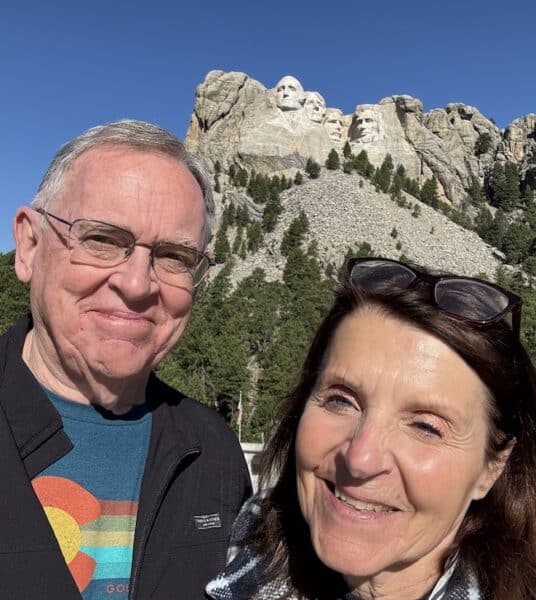 Sara and I will move on from Sheridan, WY tomorrow and head into Montana, still planning on getting to Calgary and then coming back through Coeur D’Alene and some routing across Washington and Oregon. We are also having days just to enjoy the beauty of the countryside around us. We spent a day seeing the beauty of the Black Hills and stopped to behold the Devil’s Tower. It’s a trip with great beauty in the Creation, and in God’s work among his people.
Sara and I will move on from Sheridan, WY tomorrow and head into Montana, still planning on getting to Calgary and then coming back through Coeur D’Alene and some routing across Washington and Oregon. We are also having days just to enjoy the beauty of the countryside around us. We spent a day seeing the beauty of the Black Hills and stopped to behold the Devil’s Tower. It’s a trip with great beauty in the Creation, and in God’s work among his people.